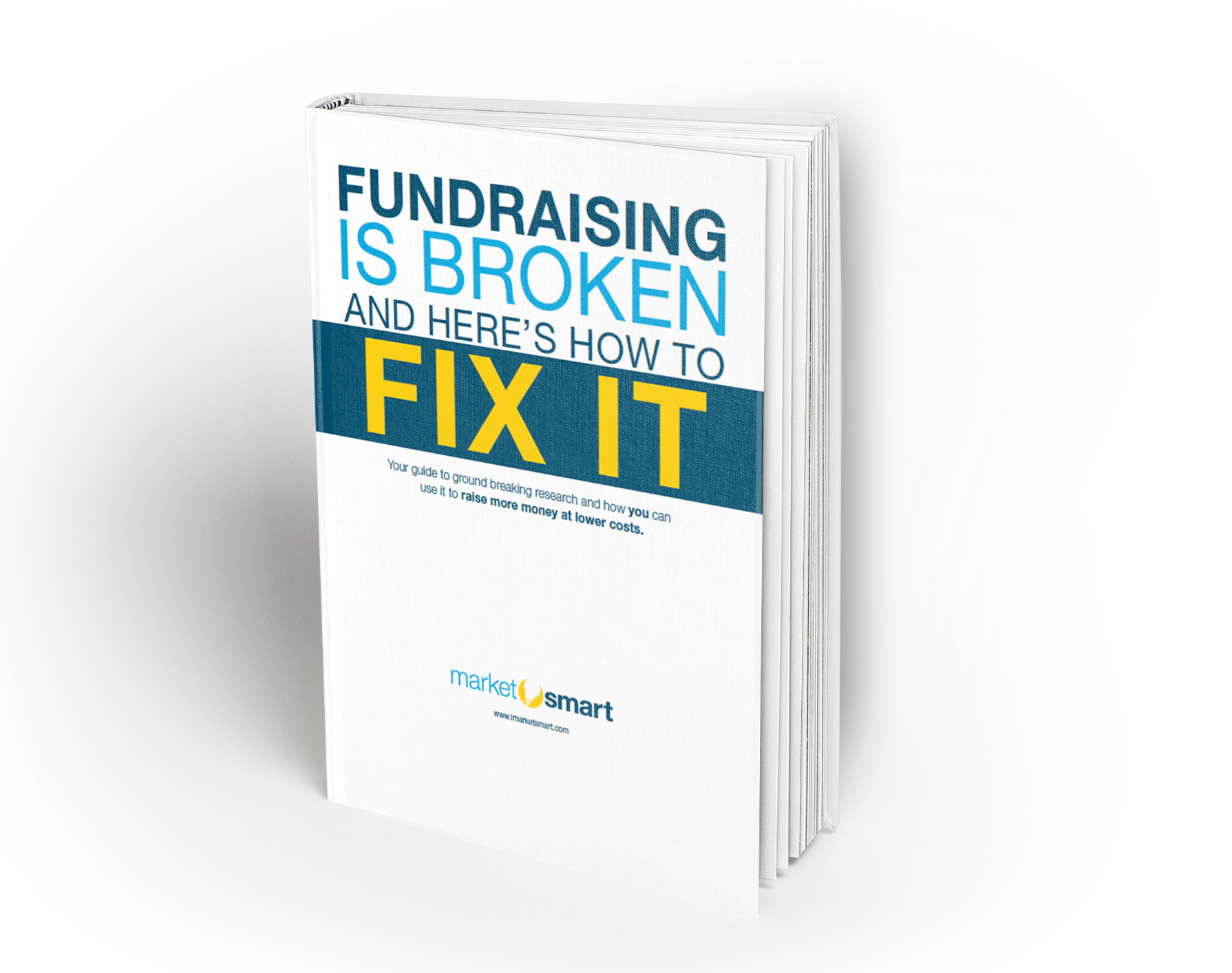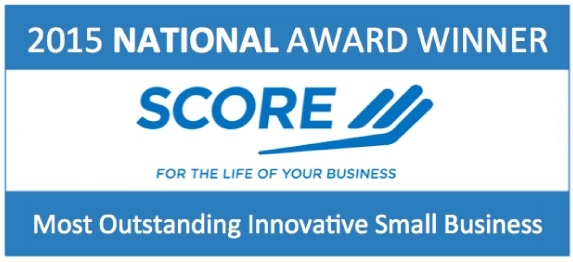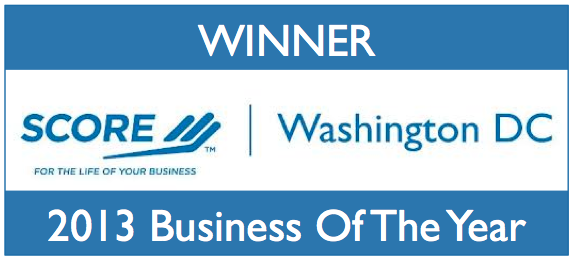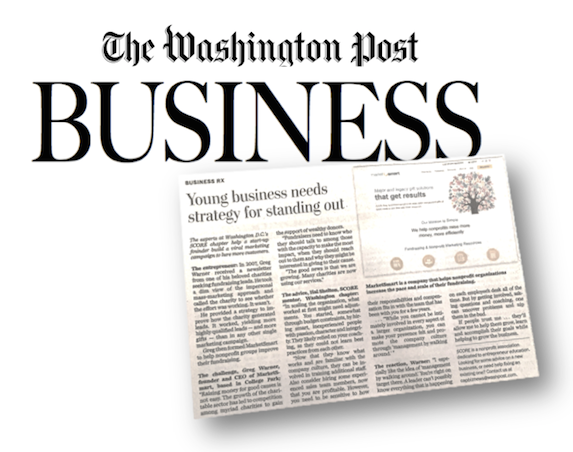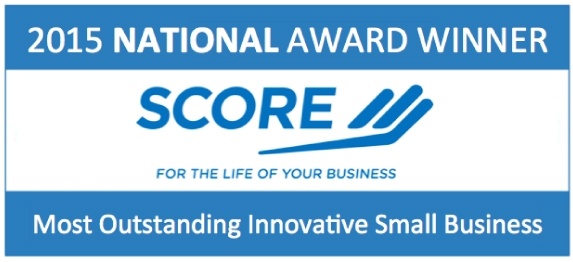 Last week one of my blog posts told you make sure to stay away from the word "bequest" in your communications with donors. But I failed to tell you what word or words to use instead.
Last week one of my blog posts told you make sure to stay away from the word "bequest" in your communications with donors. But I failed to tell you what word or words to use instead.
So here are your alternatives:
Make a gift to [name of charity] in your will.
or
Leave a gift to [name of charity] in your will.
Although it lengthens the message, you can also add "estate plan" and "beneficiary designation" (most folks know what that is since they can do that when they open a bank account).
So your message might say:
Make a gift to [name of charity] in your will, estate plan or by beneficiary designation.
or
Leave a gift to [name of charity] in your will, estate plan or by beneficiary designation.
And, finally... If you really want to get results, add references to social norms (bandwagon effect) and a reminder about the importance this serves in your supporters' lives.
For instance:
Many people like to leave a gift to charity in their will because they care about causes that are important in their lives. Would you consider making a gift to [your organization's name] in your will, estate plan or by beneficiary designation for this reason? You can! More information is available at [your website's URL here].
I recommend putting a message like this EVERYWHERE along with a link to your planned giving web page so your supporters can get more information easily.
Note: DO NOT say something like "to continue support for [charity name]." For instance, saying, "Many people like to leave a gift to charity in their will to continue their support for [charity name]. That tends to have mildly negative results. Also, the phrase "leave a legacy" performs poorly too! It's much better to say "make a gift" or "leave a gift" since that's pretty straightforward.
The messages described above were either copied entirely or developed based on research results uncovered by Dr. Russell James (the foremost researcher of planned gift fundraising messages)
LIKE THIS BLOG POST? PLEASE SHARE IT AND/OR SUBSCRIBE



